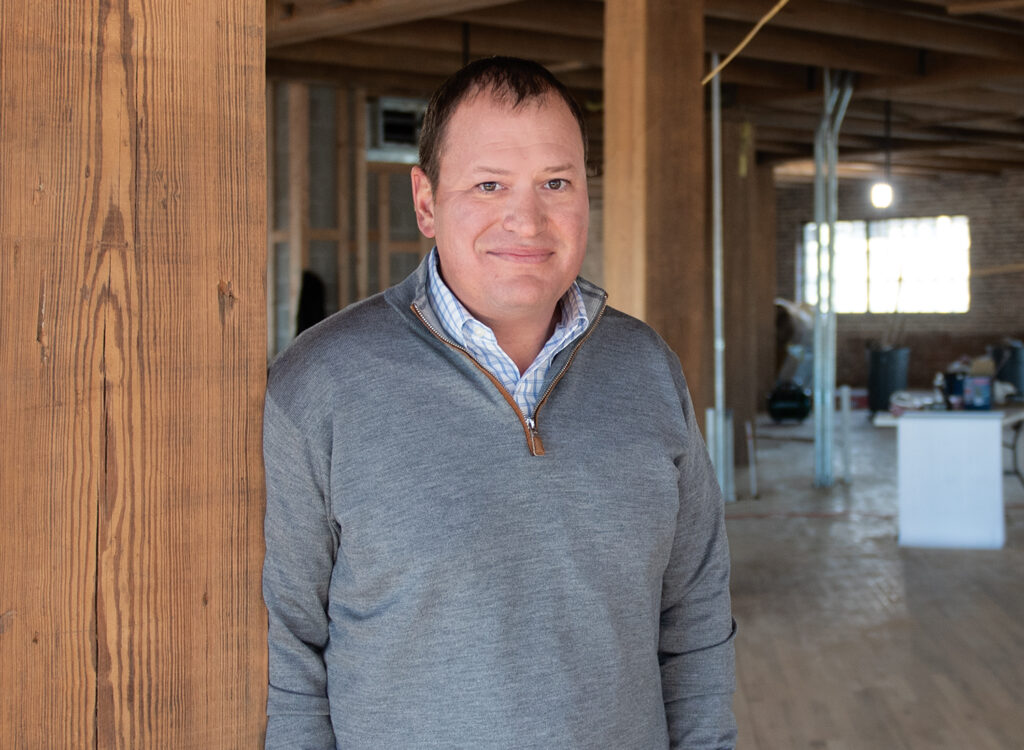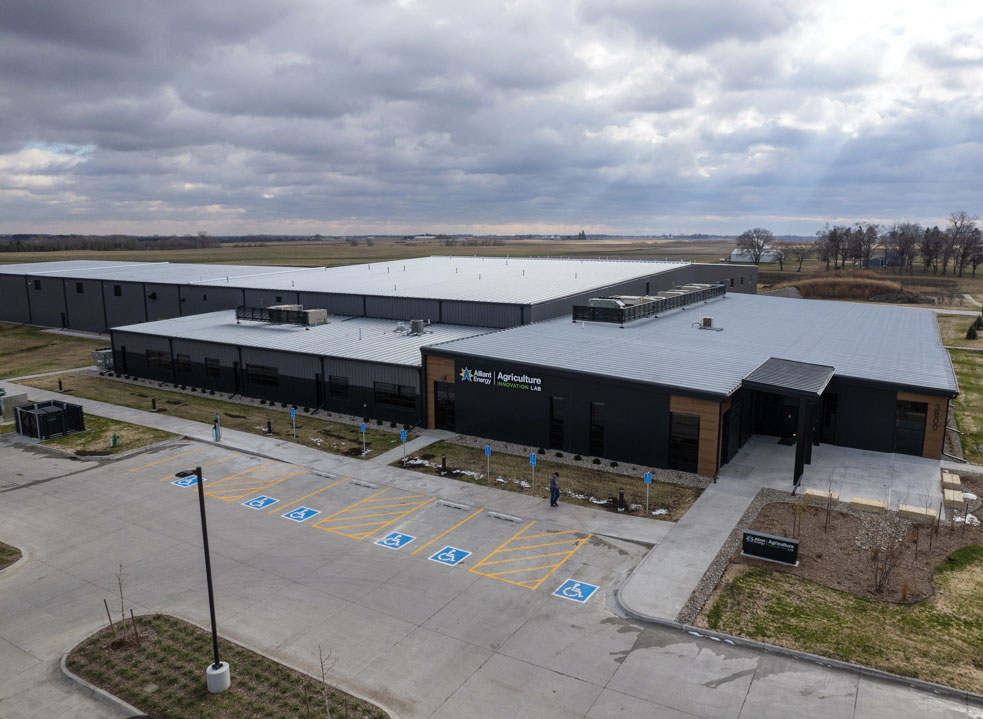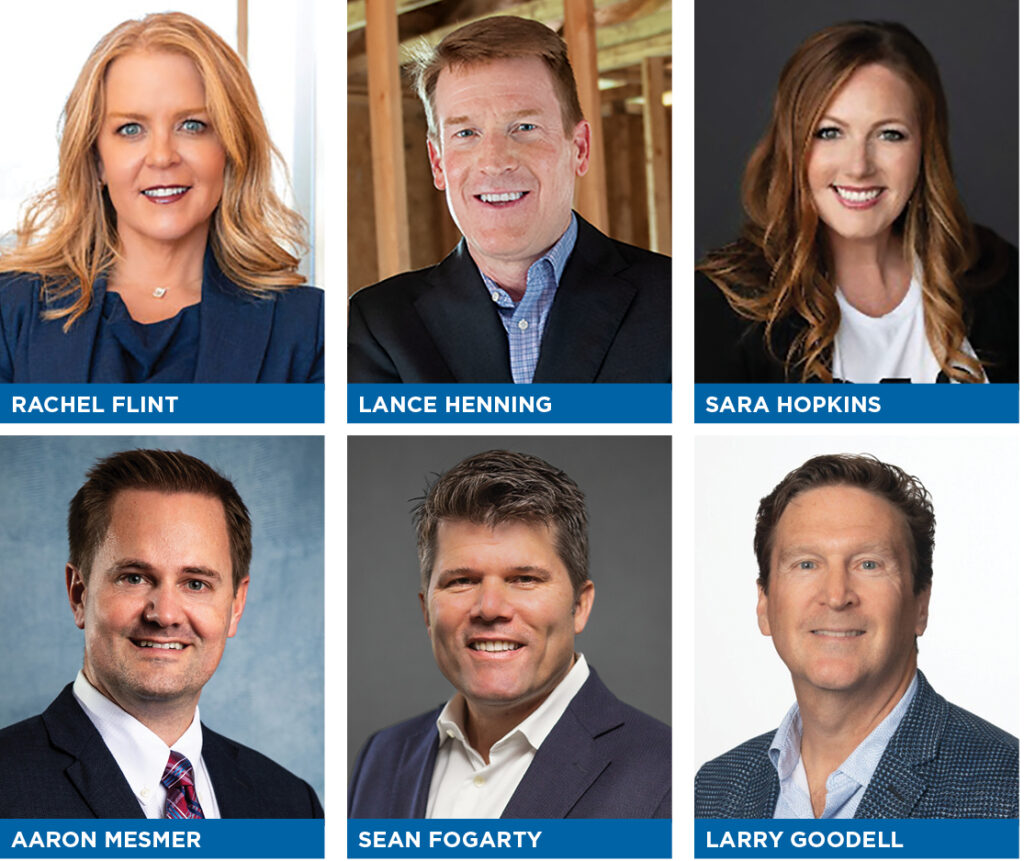NOTEBOOK: CREW panel: ‘It’s OK to not be OK’

EMILY BLOBAUM Sep 17, 2021 | 4:42 pm
3 min read time
633 wordsInsurance, Real Estate and Development, The Insider NotebookIf there’s one thing that was made very clear at the Commercial Real Estate Women (CREW) Iowa annual panel event Sept. 14, it was that attending to your own mental health and well-being is more important now than ever.
Centered around the topic of “mind games,” the ninth annual CREW Iowa panel discussion focused on normalizing the conversation about mental health and how to address negative thoughts.
“We do a great job at going to the doctor, the dentist, getting mammograms and colonoscopies, but we’re not good at talking about brain health,” Siobhan Harman, vice president of Cushman & Wakefield Iowa Commercial Advisors and moderator of the event, said in her opening remarks. “While it’s improving, … there continues to be a stigma surrounding mental health. If you want to end a dinner party, just tell people that you’re suffering from anxiety and depression.”
Panelists at the event were Melissa O’Neil, CEO at Central Iowa Shelter & Services; Tony Raymer, director of brain health at Easterseals; Chris Wilson, student well-being coordinator at Johnston Community School District; and Leah Roling, a thought coach and strategist.
Raymer kicked off the discussion, and came right out of the gate with a list of disparities that the pandemic and its economic fallout has had on women, some of which are:
- Women have become unemployed at a significantly higher rate.
- Violence against women has increased in the last 18 months.
- Women complete 75% of unpaid care work.
- Women with children are more likely to report symptoms of anxiety and depression than their male counterparts.
“We may not all be in this together in the exact same way,” Raymer said.
Because care work is generally undervalued in the U.S., it ends up not counting. That leads to those doing it having to take more of it on, which can then lead to thoughts of not doing enough, Raymer said.
“I’ve had moms come into my office and say things like, ‘I blame myself for …,’ ‘If I had just …,’ ‘I should have …,’ … you name it. … I don’t have dads come into my office and say the same things.”
While the “why” behind feelings of not being enough or doing enough is hard to answer, it’s important to know that you’re not alone in your feelings and to let others know that they’re not alone, either.
Wilson reminded the audience that what we see on social media isn’t always the full picture.
“When I follow someone on Instagram, if I never see their struggle or a challenge within the first week of me following them, I’ll unfollow them,” she said.
Other tips that panelists shared include:
- Tell the men and boys in our lives that it’s OK to not be OK. “Being a man means also taking care of ourselves and others,” Raymer said.
- When you compare yourself to someone, do it in a way that empowers you. “I don’t like to look at another woman or man and say ‘Oh, my gosh, they’re so successful,’ as if success lives in a pie. Success doesn’t work like if she has 80% of the success, that means there’s only 20% for me,” Roling said.
- Be vulnerable with your kids and let them know that it’s OK to feel bad about something. “Share your challenges. They need to know that they have role models that can show them that they can make it even when it gets bumpy,” Wilson said. “We have a rule in my house: Don’t feel bad in your bedroom, feel bad in the living room. Let’s talk about it and have a conversation.”
- Take time to understand your strengths and weaknesses. Know yourself and believe in yourself. “When you know who you are, you know what you’re going to do,” O’Neil said.








